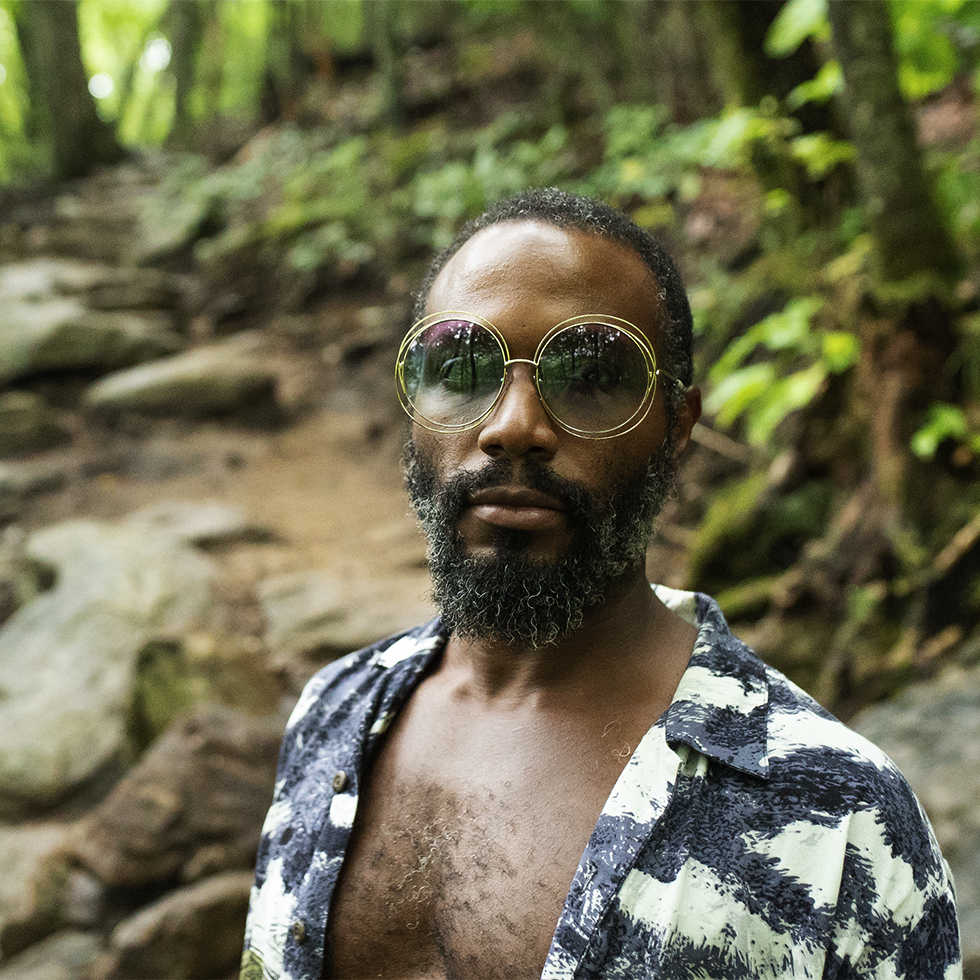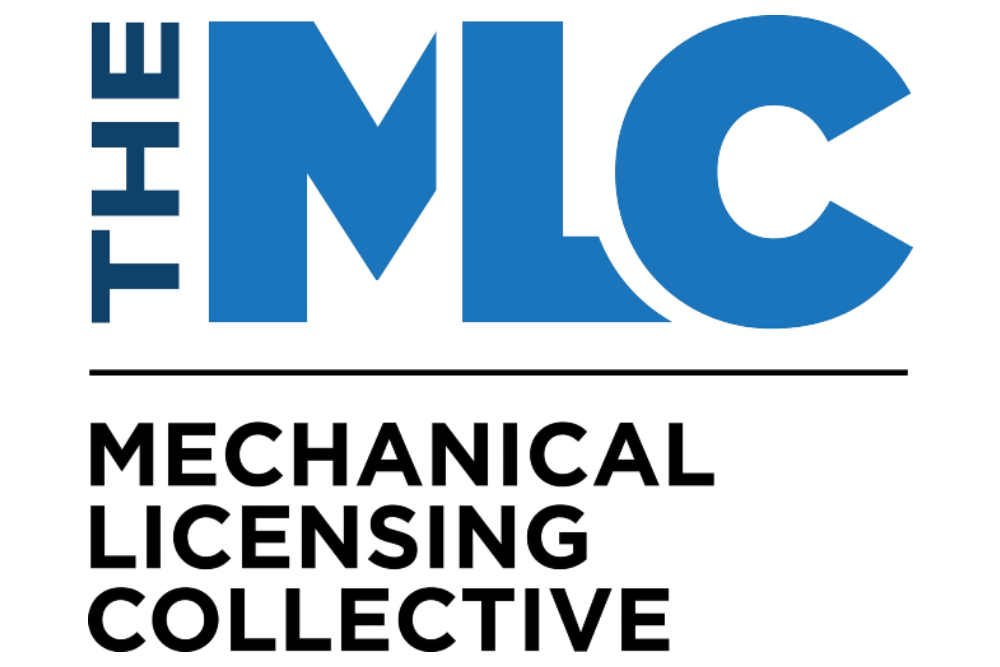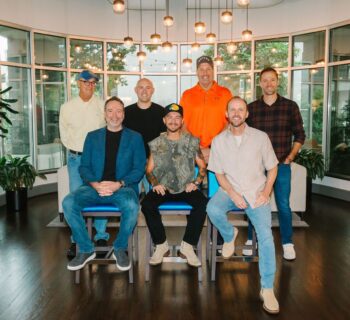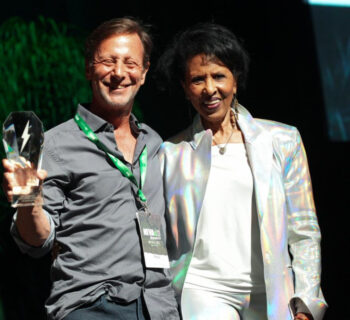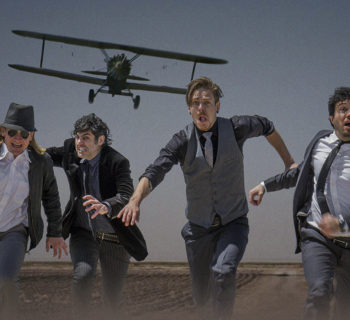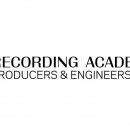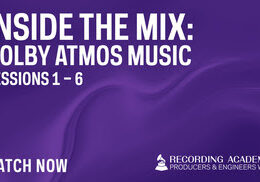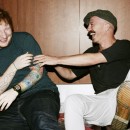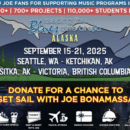It is essential that anyone working in the music industry have a good knowledge of copyright law as it pertains to music because copyright law is the most important and only federal protection afforded to musicians for their work.
The Conservatory of Recording Arts & Sciences (CRAS; www.cras.edu) recognizes the importance that its students be familiar with this knowledge, and learn from the industry’s best. As such, CRAS once again welcomed renowned copyright/IP consultant and Berklee online course author/professor Dr. E. Michael Harrington to its Gilbert, Ariz. campus to provide an overview of copyright and intellectual property law as it pertains to the music industry for the next generation of pro audio and music professionals.
“[CRAS] students were very enthusiastic and engaged in my presentation, and I had one-on-one conversations with almost every student before, during, and after my presentation,” explained Dr. Harrington. “I always bring an audience into the presentation by means of questions I pose to them, often asking them as potential jurors in copyright litigation for their opinions. CRAS students work intimately and deeply in the nuances of music at its core…the recorded music copyright from stem-to-stem and from the beginning of a project through all its phases until its release.”
During his time at CRAS, Dr. Harrington delved into his work as a consultant and expert witness in cases involving Led Zeppelin, Katy Perry, Blurred Lines, We Shall Overcome, the U.S. Post Service “Creepy Clown” commercial, parody cases, Taylor Swift, Carrie Underwood, Ludacris, NWA, Busta Rhymes, George Clinton. He also discussed his work in preemptive/proactive copyright issues involving music in film, TV, advertising and games, and new issues involving co-writing, sampling, interpolation and mashups as well as his proposals for a Compulsory License to Sample Sound Recordings, a potential revision to the U.S. Copyright Law.
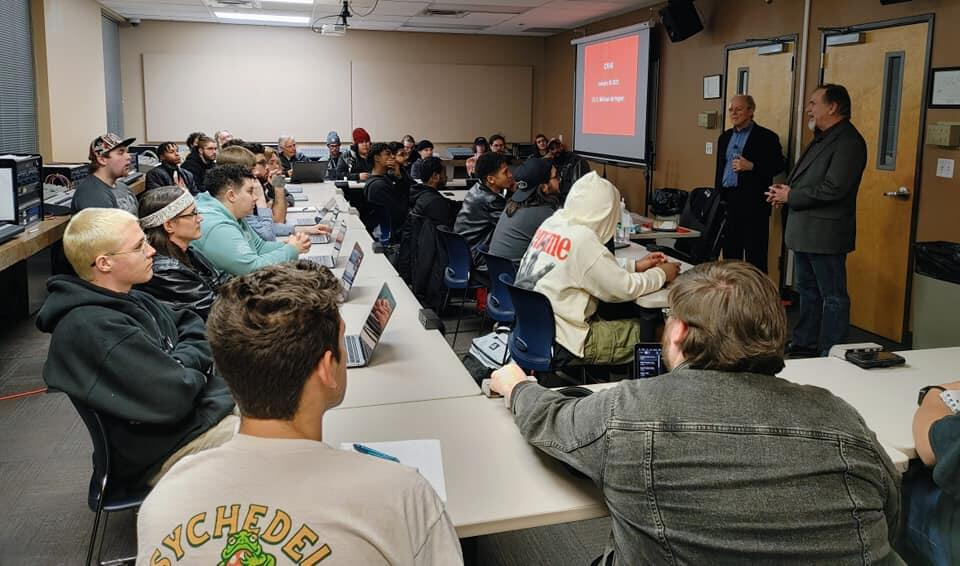
Concluded CRAS student Ethan Harmeling, “Dr. Harrington's presentation relied on examples to illustrate what is and isn't allowed when it comes to copyright. He compared songs to see if we agreed with the judge’s decision with some jokes sprinkled throughout, as well. The presentation brought new life to the topic of copyright law.”
The Conservatory of Recording Arts & Sciences is composed of two nearby campuses in Gilbert and Tempe, Ariz. A CRAS education includes broadcast audio, live sound, film and TV audio, music, and video game audio, all taught by award-winning instructors who have all excelled in their individual fields, including sound reinforcement, audio recording and production, digital recording, troubleshooting/maintenance, and music business.
The 11-month program is designed to allow every student access to learn and train in all of the Conservatory’s studios which are comprised with state-of-the-art audio recording and mixing gear, the same equipment used in today’s finest studios and remote broadcast facilities, including Pro Tools 12, API Legacy consoles, SSL AWS consoles, Studer Vista consoles, and much more. All students must complete a 280-hour industry internship to graduate from the Master Recording Program II that may ultimately lead to industry employment.
For more information on the Conservatory of Recording Arts & Sciences, visit www.cras.edu, contact Kirt Hamm, administrator, at 1-800-562-6383, or email to info@cras.edu.

